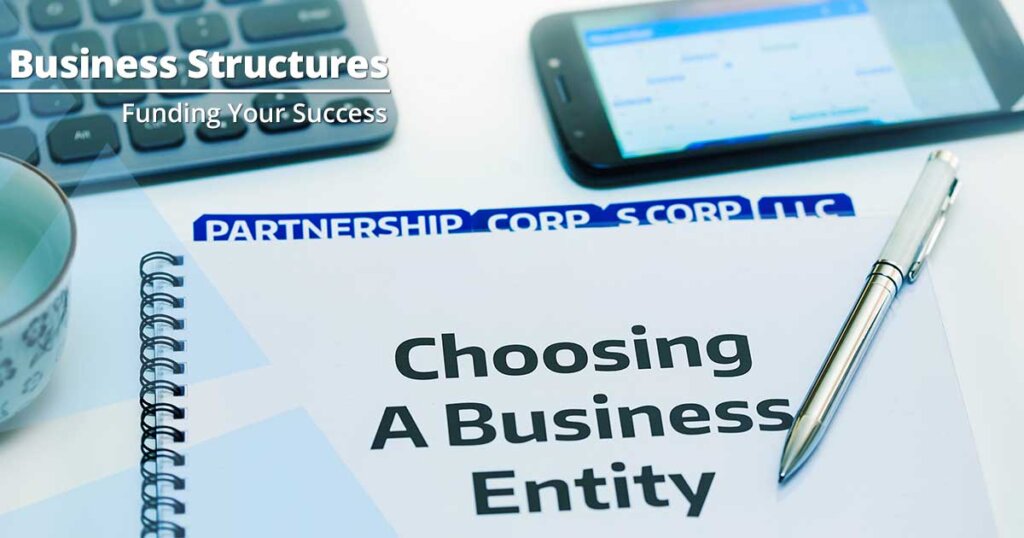Common Types of Business Structures
 Choosing a business structure when you’re starting your own business is a pretty big deal. The type you land on has influence over everything from tax forms to daily operations to the paperwork you’ll need to file. Today, we’ll review the most common types of business structures —sometimes referred to as “entities”—so you can determine which one fits your bill.
Choosing a business structure when you’re starting your own business is a pretty big deal. The type you land on has influence over everything from tax forms to daily operations to the paperwork you’ll need to file. Today, we’ll review the most common types of business structures —sometimes referred to as “entities”—so you can determine which one fits your bill.
Sole Proprietorship
The least complex and most common of the various types of business entities out there, a sole proprietorship is owned and operated by no one other than its owner. It is not a legal entity, and the owner is personally responsible for all of its debts. Folks love this type of business structure because it’s so simple and inexpensive—all a sole proprietor needs to do is register the business’s name and get any necessary licenses, and then it’s off to the races. Taxes are also less complete, as any income earned by the business is considered the owner’s income.
According to the Small Business Association, this structure is well suited for minimal-risk businesses hoping to test out their business idea before going all-in.
Partnership
Partnerships are between two or more people who agree to own and operate the business, and share its profits and liabilities. Partnerships can be broken up into 3 parts: General, limited, and limited liability. In a general partnership, all parties split legal and financial liability, as well as profits, evenly.
A limited partnership means that one person carries the majority of the business’s liability while the other “silent” partners still have a financial stake. And in a limited liability partnership, typically seen with professions such as accountants and lawyers, limits the personal liability of the parties involves so that if one partner finds themselves in hot water professionally, the assets of the other partner(s) aren’t at risk.
Corporation
A corporation is a legal structure that is totally separate from its owner(s). According to the Corporate Finance Institute, a corporation “can be created by a single shareholder or by multiple shareholders who come together to pursue a common goal.” While corporations offer strong protection from personal liability, the cost to form one is a lot higher than with other business structures. Profits are taxed as income. Corporations can loan and borrow money, hire employees, sue (and be sued), etc. Some refer to corporations as a “legal person” because of all the rights they have.
Limited Liability Company (LLC)
An LLC is a great option for business owners who would rather not be personally responsible for any of the debts their business takes on. This means creditors can’t collect against your personal assets. They offer the same limited liability as a corporation but are generally simpler (and less expensive) to run. LLCs can have as many owners as you want, they can choose how to be taxed, and being an LLC lends credibility to customers.
In the early stages of starting up your own business? Head over to ARF Financial’s blog for tips on everything from marketing strategies to expansion plans for the most common types of business structures. ARF Financial is your leading financial services company for businesses across the country, and we’re ready to help fund your success with loan products tailored to fit your needs. Come see what we’re all about!

